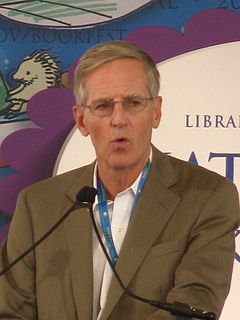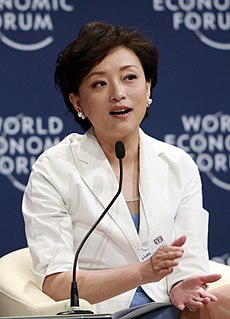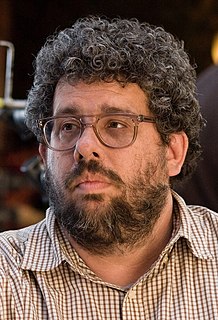A Quote by Rand Paul
I need to be very careful about going on certain networks that seem to have a bias.
Related Quotes
There is a liberal bias. It's demonstrable. You look at some statistics. About 85 percent of the reporters who cover the White House vote Democratic, they have for a long time. There is a, particularly at the networks, at the lower levels, among the editors and the so-called infrastructure, there is a liberal bias.
In China, the rules of the market are not always that transparent. So it's very hard. Also, the national TV networks are all owned by the government, so our shows are subject to censorship by the networks. Every now and then, we are told that certain subjects cannot be talked about. There are frustrations.
The important thing to know about playing to win and playing not to lose is that there are actually different neural networks that are being used. It's not very easy to do both at the same time and, if you are trying to have a playing to win mentality, you're going for it, there's some things that trip you up or trigger the wrong neural network. If you start worrying about your mistakes all of a sudden, if you get too focused on the facts and the details, these are going to shift your neural networks and sort of screw up your strategy.


































